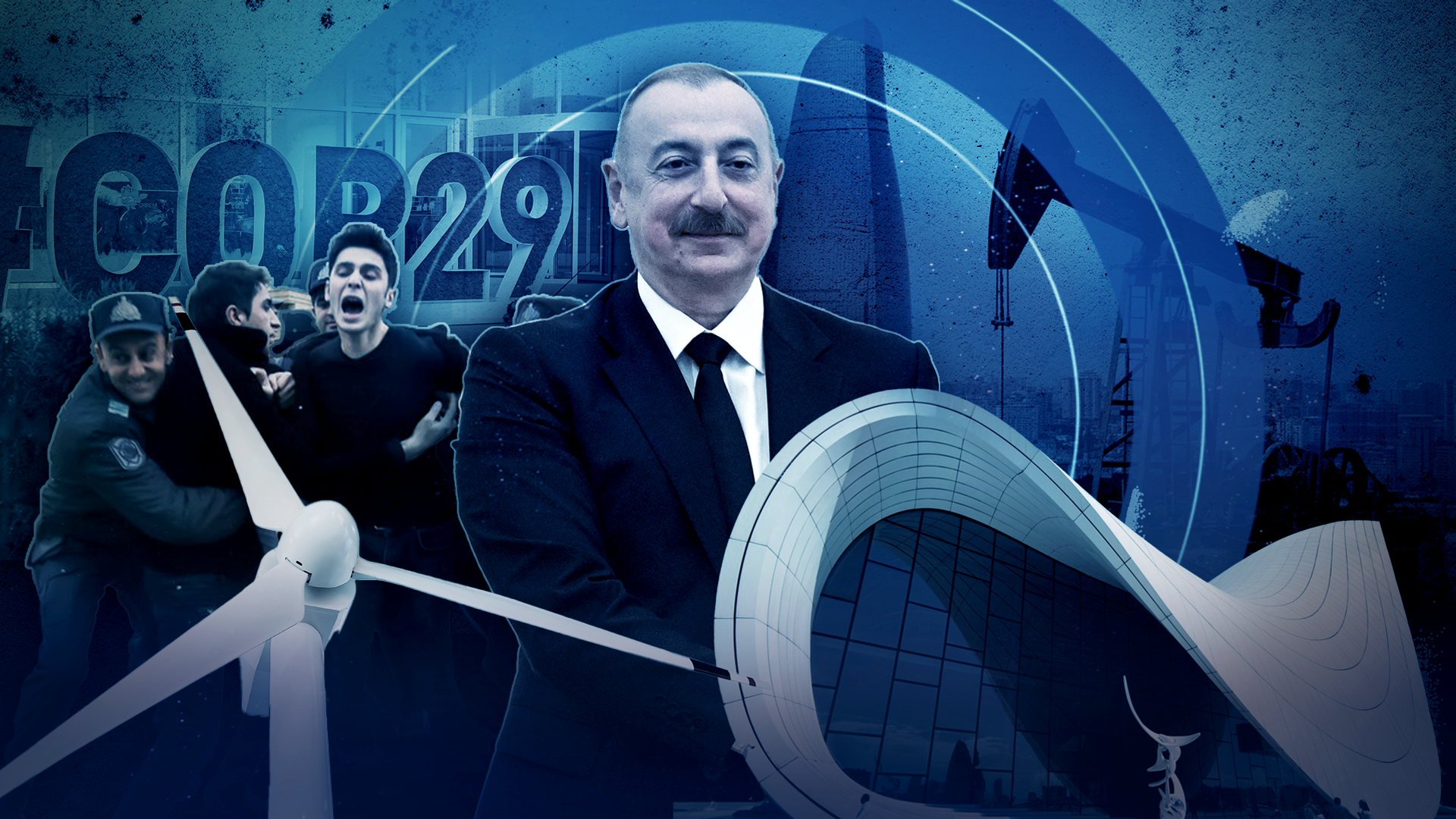
The BDN Editorial Board operates independently from the newsroom, and does not set policies or contribute to reporting or editing articles elsewhere in the newspaper or on bangordailynews.com.
Rabbi Shmuly Yanklowitz is the author of 24 books on Jewish ethics. He wrote this column for the Chicago Tribune.
All around the world, in preparation for the High Holy Days, Jews are doing the inner spiritual work right now of “cheshbon hanefesh,” or accounting of the soul. This typically entails examining ourselves for all our moral failures and ethical shortcomings and planning how we might do better in the new Jewish year to come.
This kind of practice isn’t unique to the Jewish community. We all in one way or another look to improve ourselves and our actions, and sometimes we even succeed at it. As difficult as self-improvement is, even greater is the task of collective “teshuva,” or repentance. (The English word “repentance” often carries a heavy connotation. Teshuva in Hebrew describes more of a return. When we change our behavior for the better, we return toward our best, truest selves.)
On Yom Kippur, which this year begins on the evening of Sept. 24, the congregation all stands together and recites a confession that goes, “We have trespassed. We have betrayed. We have stolen; we have slandered.” That list goes on and on and on, announcing that “we” have committed just about every offense imaginable. That leaves many of us asking: Why is everyone in the synagogue collectively admitting to sins that they for the most part did not commit?
Jewish or not, we all find ourselves asking the question: How do we make restitution for our complicity in injustices that were beyond our control? We all participate in a globally interconnected marketplace that relies on labor abuses. We’re all, to one extent or another, complicit in historical injustices that we’ve indirectly benefited from. Even if an injustice was not our idea or initiated by our direct action, we are obligated to do what we can to fix it.
As Rabbi Abraham Joshua Heschel said, “In a free society, some are guilty, but all are responsible.”
Many Americans experience the privilege that comes from both Christian nationalism and white supremacy. Directly or indirectly, we often benefit from ideologies and movements that press people down.
If we’re being honest, this can be overwhelming to take in. Making the changes we wish to see in the world is a task that goes far beyond what any individual can do. And so, just as we are responsible collectively, we must do teshuva collectively. During Elul — the Hebrew month dedicated to reflection and change, which lasts until the beginning of Rosh Hashana, this year the evening of Sept. 15 — we’re tasked with, yes, examining our own shadow selves and implicit biases and how we can reduce our own political, economic and social complacency in the brokenness of the world.
But that is just the beginning. Then comes the work of figuring out how to fix it all together.
The ancient Jewish text “Pirkei Avot” (the “Ethics of the Ancestors”) tells us: “It is not your duty to finish the work, but neither are you at liberty to neglect it.”
This wisdom gives us the courage to not be cynics who say that it is all too broken and destroyed for us to change anything. It teaches us to not feel so overburdened by guilt that we become unprepared and unproductive and become so angry that our passions generate more heat than light.
The Jewish mystic Rebbe Nachman of Breslov taught: “No matter how far you have fallen, it is still forbidden to give up hope. Repentance is higher even than the Torah — therefore, there is absolutely no place for despair.”
We tend to think of Rosh Hashana as the “Jewish new year,” the Hebraic equivalent of midnight on Jan. 1. However, this holiday is not only a fun celebration. It is said to mark the origin of the world. As such, it is considered a day of judgment and of preparation for societal transformation. It is a time of setting the intentionality to return ourselves and the world to the ideal state.
It shows us that it is great — but not enough — to make personal resolutions about being better people. We must make the collective decision to be better together. We are not only to celebrate our inner light but also to discover and own our inner shadows. Our communities need to reckon collectively with this spiritual work to repair the brokenness in our society at large. Only through our personal transformation can we collectively unite to address a societal transformation. I hope people of all worldviews and religions will join us in this effort.











